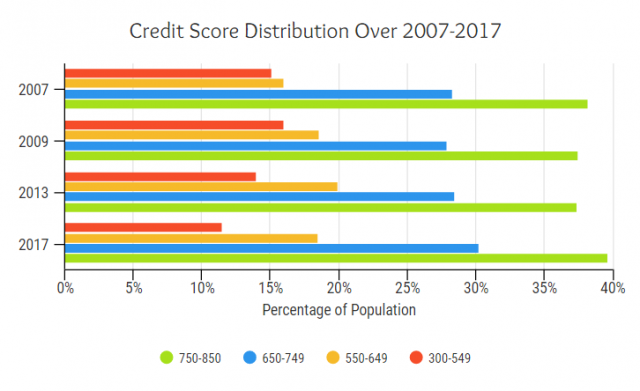When you owe debt to a collection agency, it is important to know what kinds of practices they can and cannot do. Sometimes, debt collectors will lie to or threaten you to collect payments. When this happens, you may be able to file a lawsuit against them to collect compensation for your troubles.
Read on to learn more about the Fair Debt Collection Practices Act to know and understand your rights when it comes to debt collections.
Twenty FDCPA Violations Debt Collectors Cannot Make

1. Asking you to pay more than you owe
Debt collectors may not lie or misrepresent the amount of debt that you owe. Any inaccurate representation of your debt is considered an FDCPA violation.
2. Asking you to pay interest, fees, or expenses that are not allowed by law
The debt collector may not ask you to pay any extra interest, fees, or expenses on top of your actual payment unless the contract specifically states so.
3. Calling repeatedly or continuously
It is considered harassment (one of FDCPA violations) if debt collectors are constantly calling you for debt collection purposes.
4. Using obscene, profane, or abusive language
Using any of these languages is considered a form of harassment and is against the law.
5. Calling you before 8:00 am or after 9:00 pm
A debt collector may not contact you any time they want. Unless the debt collector has your consent, the collector may not call you before 8 am or after 9 pm.
6. Calling you at times the collector knew or should know are inconvenient
Calling you at inconvenient times is an FDCPA violation. Debt collectors can only call you between 8 am and 9 pm (or at outside times if given prior consent).
7. Using or threatening to use violence if you don’t pay the debt
Debt collectors cannot engage in any kind of activities that are intended to harm or harass you.
8. Threatening action they cannot or will not take
A debt collector may not threaten an action they are not able to make against you, such as threatening to sue you for not paying your debts.
9. Illegally informing a third party about your alleged debt
Debt collectors are not allowed to tell anyone else about the debt you owe unless you have given prior consent, except to: your attorney, creditor, creditor’s attorney, a credit essay writer reporting agency, your spouse, or your parents (if you are a minor).
10. Repeatedly calling a third party to get your location information
While collectors are able to contact third parties to gather information about your whereabouts, they may not contact them more than once (unless they received incorrect information and need the correct one).
11. Contacting you at work knowing your employer doesn’t approve
It is a violation of FDCPA if a debt collector attempts to contact you at work if they know or can guess that your employer disapproves.
12. Failing to send a written debt validation notice
Collectors must send you a written debt validation notice within 5 days of the collector’s initial communication and must give you a notice for your right to dispute the debt within 30 days.
13. Ignoring your written request to verify the debt and continue to collect
When you send a written request to verify your debt, the collectors may not continue to collect debt from you. This is assuming that your request was made within 30 days of receiving your debt validation notice.
14. Continuing to collect on the debt before providing verification
When the debt collector receives your written dispute (#13), they must stop any attempts to collect your debt until you have received the verification notice.
15. Continuing collection attempts after receiving a cease communication notice
Once receiving your written request for the debt collector to stop further communication, the collector may contact you (via mail) one more time regarding either:
- that any further attempts to collect debt will cease,
- that they may take certain actions against you, or
- that they will definitely take actions against you.
16. Claiming to be a law enforcement agency or suggest having connection with the government
Making false claims or statements is an FDCPA violation and may be prosecuted for such violations.
17. Falsely representing the amount you owe
This is an inaccurate and false representation of the debt you owe and can be used as a legal grounds to file a lawsuit against the debt collector.
18. Impersonating as a member of a credit bureau
Sometimes, the debt collector may identify themselves as a member of the IRS. Impersonating as such a member is against the law, unless the collection agency and the credit bureau are the same company.
19. Listing your debt for sale to the public
Publicizing a list of debtors (which you are a part of) is an FDCPA violation (except to a consumer reporting agency). It is considered a form of harassment or abuse against the debtor.
20. Falsely claiming that you’ve committed a crime
Unless you have actually committed a crime, the debt collector may not falsely represent or implicate that you have committed any crime or other behavior of sort to humiliate and disgrace you. This is an illegal practice for attempting to collect debt.
Stop Harassment – Speak To An Attorney
If you have experienced any of the 20 FDCPA violations above, you can stop further harassment and seek compensatory damages from the debt collectors by suing them. Speaking with an attorney can be extremely beneficial as the attorney will understand the situation you are in and figure out the best way to stop harassment and win you compensation for your troubles.








